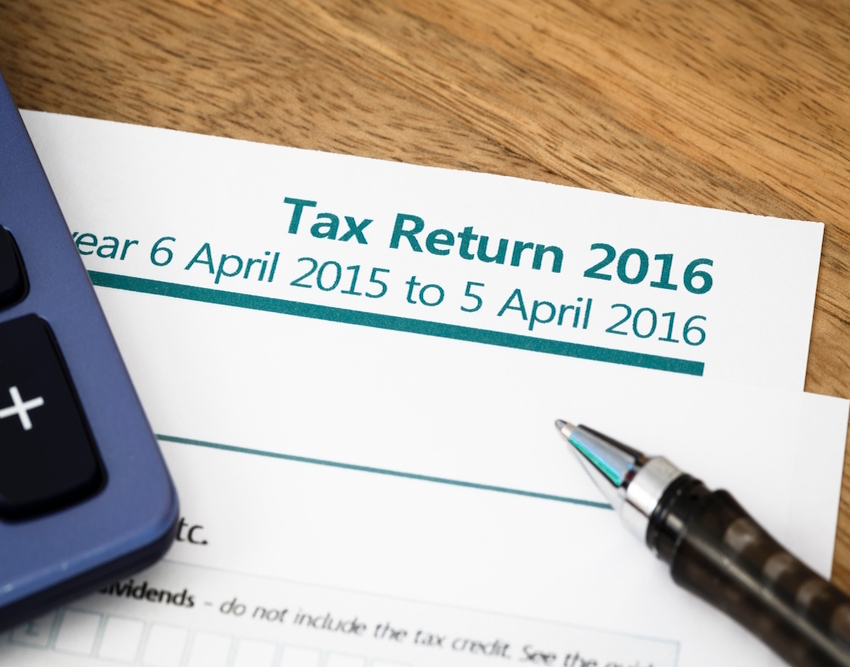A brief guide to self-assessment tax return
There are more self-employed people in the UK than ever before, with numbers rising by 209,000 to 4.7 million in the three months up to April 2016. If you are newly self-employed, you may find the prospect of completing and filing your self-assessment tax return daunting. However, with a little preparation and organisation, it should not be.
Register for tax
Before filling your return, you have to be registered for self-assessment. When setting up as a sole trader, you can register as a new business, Class 2 national insurance and self-assessment all at the same time.
Keep accurate records
It is very important that you keep accurate records of your incomings and outgoings as you go; bookkeeping and accountancy software can be a huge help in this regard, as you can both record essential data and make use of automatic calculation features. Make sure you keep all relevant receipts and documents such as bank statements and invoices too.
Be methodical
Start your self-assessment tax return by checking that all your personal information is 100 per cent correct, because if Her Majesty’s Revenue and Customs (HMRC) does not have the correct information, it can cause major headaches going forward. Work your way through the form slowly and methodically, filling in every relevant section. Check the guidance as you go, but if you are having real trouble, seek advice from HMRC or a tax professional.
Check and check again
Do not submit your self-assessment tax return until you have thoroughly checked everything in it. Make sure everything you have entered is correct and double check any calculations. You will have a chance to correct mistakes after submitting your tax return, but it will save you any hassle later on if you make sure everything is right the first time.
Do not leave it until the last minute
The deadlines for returns for the 2015/2016 tax year are still some way off, with paper returns due by October 31st 2016 and online returns due by January 31st 2017. However, do not leave it until the last minute to complete your self-assessment tax return, as this can be extremely stressful and is far more likely to lead to errors.






